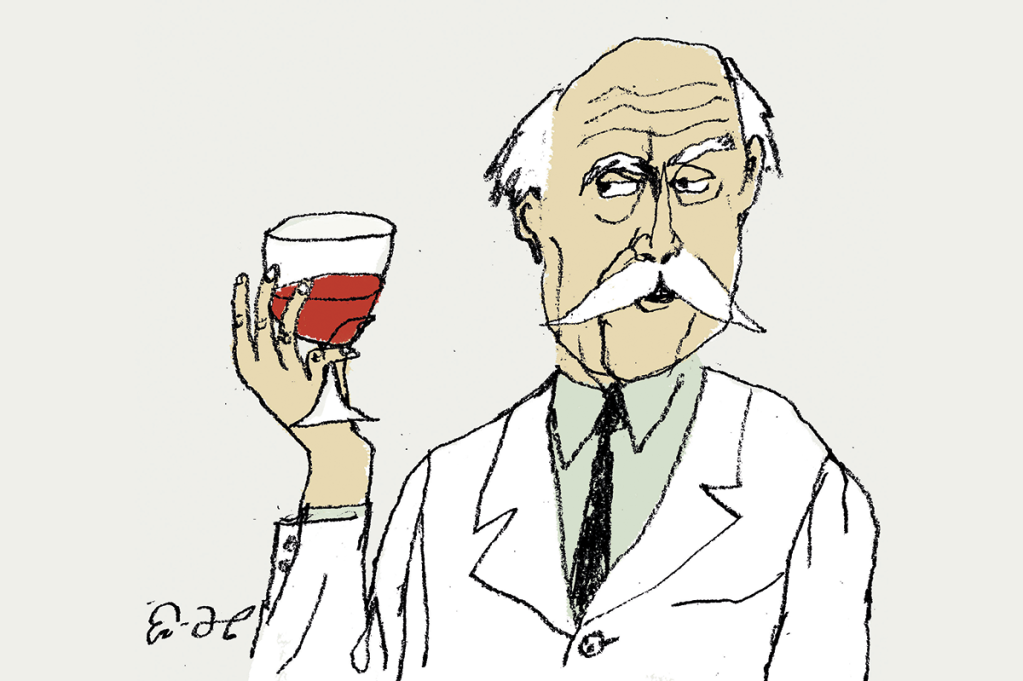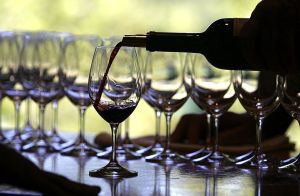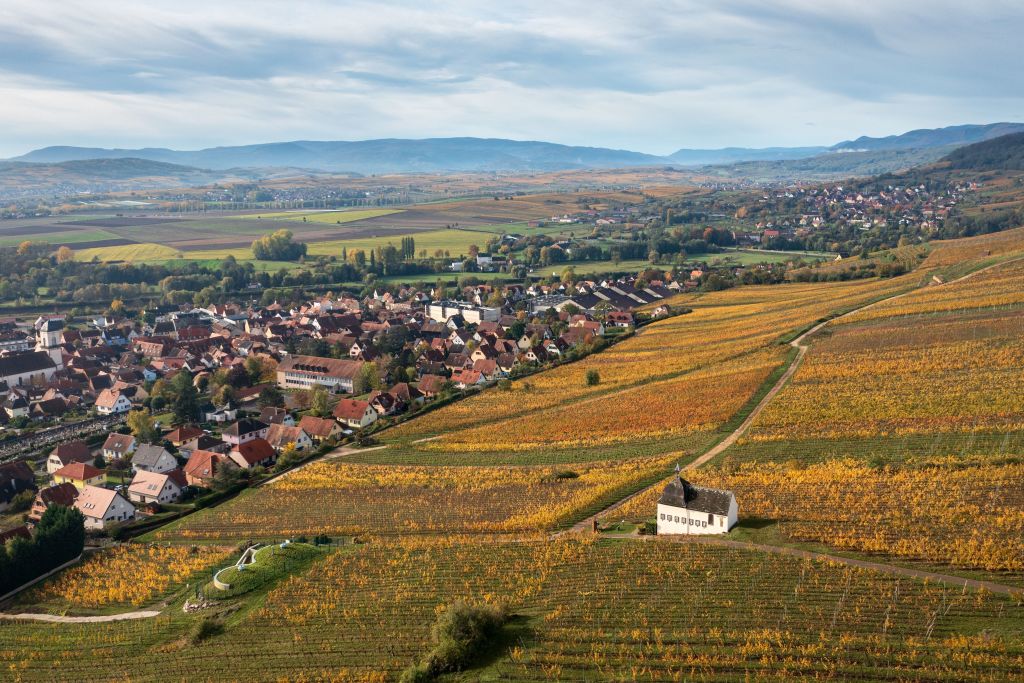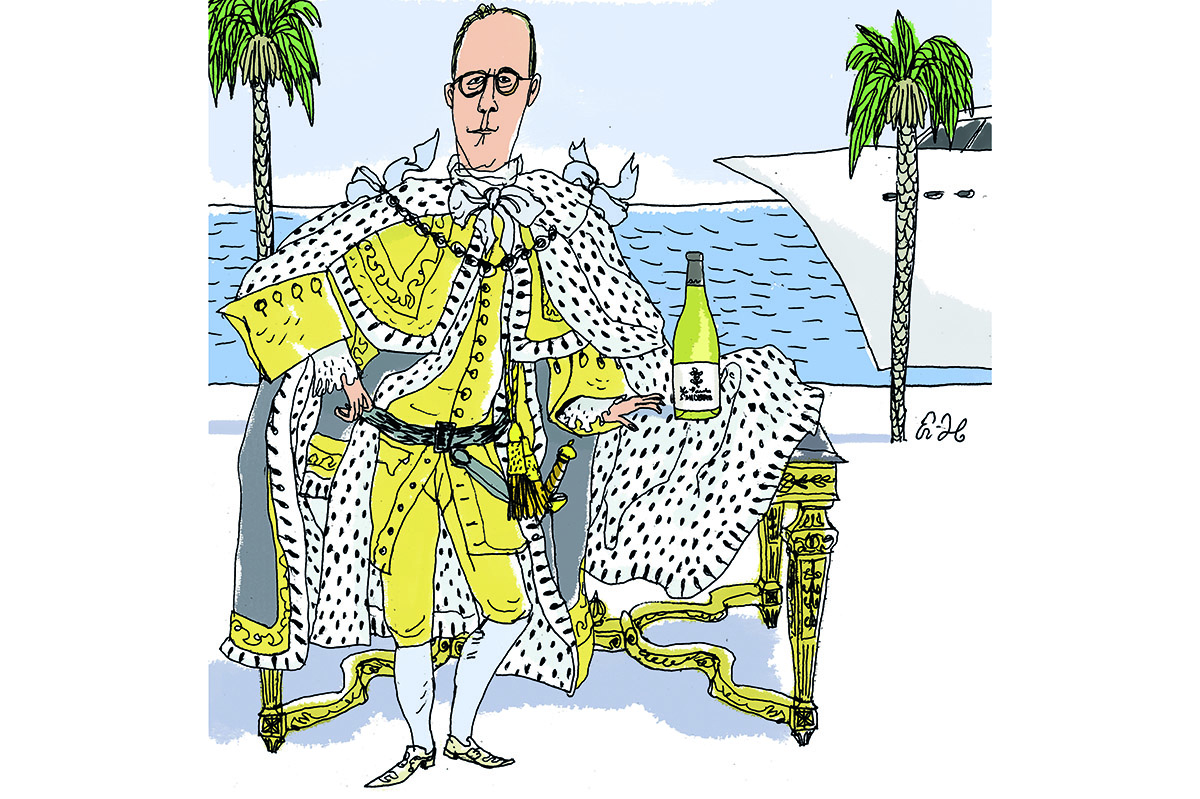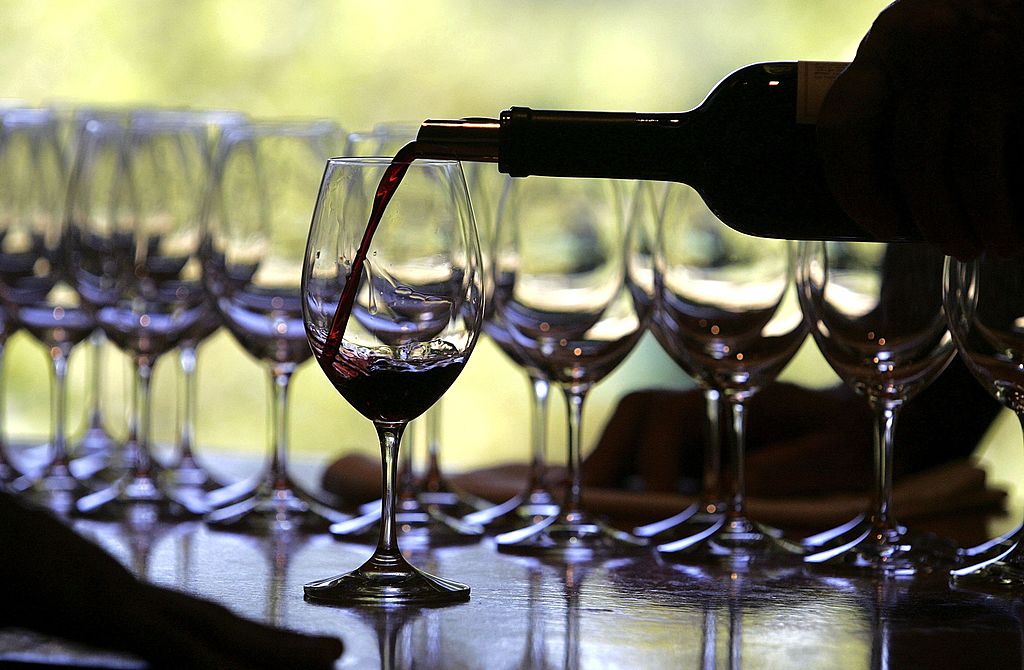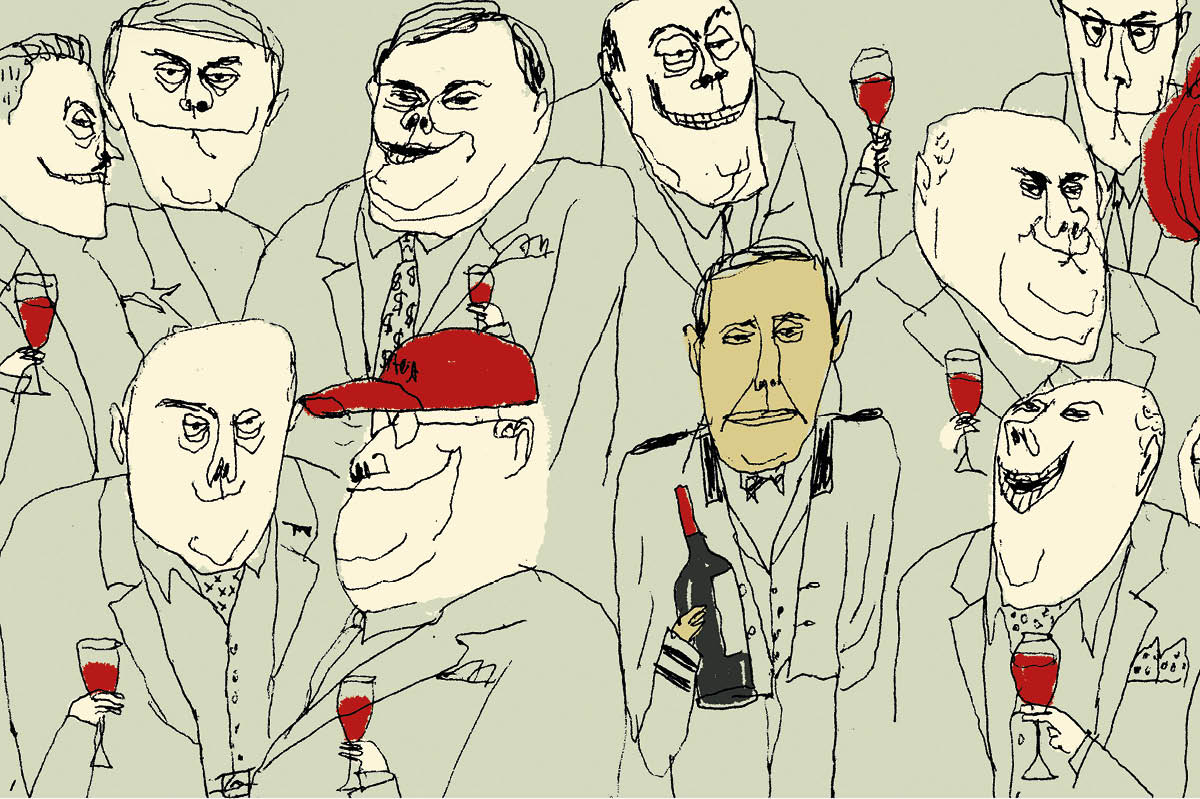If you dare to host a dinner party, said Brillat-Savarin, you must be prepared to be responsible for your guests’ entire happiness while they are under your roof. It’s not just the victuals you are serving. It’s an entire world.
I got that sage bit of advice from the French doctor and food writer Édouard de Pomiane (1875-1964), one of the most engaging writers about the preparation and enjoyment of pain quotidien I know.
At least two books by Pomiane have been translated into English, Cooking with Pomiane and French Cooking in Ten Minutes (yes, really). Neither replaces Julia Child’s Mastering the Art of French Cooking or similar nitty-gritty manuals, but both are atmospheric charmers, books that can be read as well as consulted. My edition of Cooking with Pomiane carries an admiring introduction by the great Elizabeth David, which I believe functions as an inarguable nihil obstat.
Pomiane does offer many delectable recipes and tips, but is always, scientist that he was, at pains to demystify how things actually cook, a subject that is often slighted in more highfalutin treatises. He is at once homey and pragmatic. French Cooking in Ten Minutes opens with this excellent advice: after you’ve finished shopping for dinner, “the first thing you must do when you get home, before you take off your coat, is go to the kitchen and light the stove.” Scolds and eco-nuts, hearken to this next bit: “It will have to be a gas stove, because otherwise you’ll never be able to cook in ten minutes.” QED. “Next, fill a pot large enough to hold a quart of water. Put it on the fire, cover it, and bring it to a boil. What’s the water for? I don’t know, but it’s bound to be good.” Try it. You’ll find that Pomiane is right.
Cooking with Pomiane opens with brief sections on “Duties of a Host” and “Duties of a Guest,” important subjects that are often overlooked. My only quibble with his directives is this item sandwiched in among “Duties of a Guest”: “Above all, drink very little. For a gourmet wine is not a drink but a condiment, provided that your host has chosen it correctly.” On the contrary, I’d say that wine can only function as a condiment if your host has blundered in his choice. Quality is very important when it comes to wine. But when it comes to quantity, I associate myself with that other wine-writing Roger, Scruton: “You should drink what you like, in the quantities that you like.” True. “It may hasten your death,” Scruton admits, “but this small cost will be offset by the benefits to everyone around you.”
With that in mind, let me mention a few affordable wines that only a lunatic would insist we consider “condiments.” In fact, I could mention many, but since I don’t believe we have stopped off in the charming expanse of Auxey-Duresses yet, let’s concentrate on this expansive region in the Côte de Beaune that occupies a spot outside the storied abbey of Cluny.
The appellation (granted in 1937) includes nine premiers crus climats and dozens of other properties. The wines — Chardonnay for the whites, Pinot Noir for the reds — are refreshing and delectable without being fussy. They are food-friendly, and go especially well with simply prepared seafood, chicken, and pasta. Expect to pay about $25-$30 for an ordinary Auxey-Duresses, maybe $50-$70 for the premiers crus, which are richer and longer-finishing but still agreeably straightforward.
Louis Jadot makes a lovely Auxey-Duresses blanc, about $30 for the 2016. For a red, I have had a 2019 Auxey-Duresses Clos du Moulin Aux Moines Monopole for $50 that even Pomiane could not have treated as a condiment. A lambent ruby in color, it was full of current and blackberry adumbrations and excellent, balanced acids. You’ll want a bottle of each for your dinner for two.
There are, however, some wines that one is constrained to treat as condiments, if for no other reason than their exorbitant price. One such was the 2015 Domaine de la Romanée-Conti Corton I was privileged to taste recently. With Pinot Noir sold by Prince Florent de Merode to DRC, this was one of the most spectacular wines I have ever tasted. It was also one of the most expensive. The real trick, and I think Édouard de Pomiane would agree, is not necessarily to treat such wines parsimoniously as condiments but to have generous friends who are willing to splurge on such rarities.
This article was originally published in The Spectator’s April 2023 World edition.



